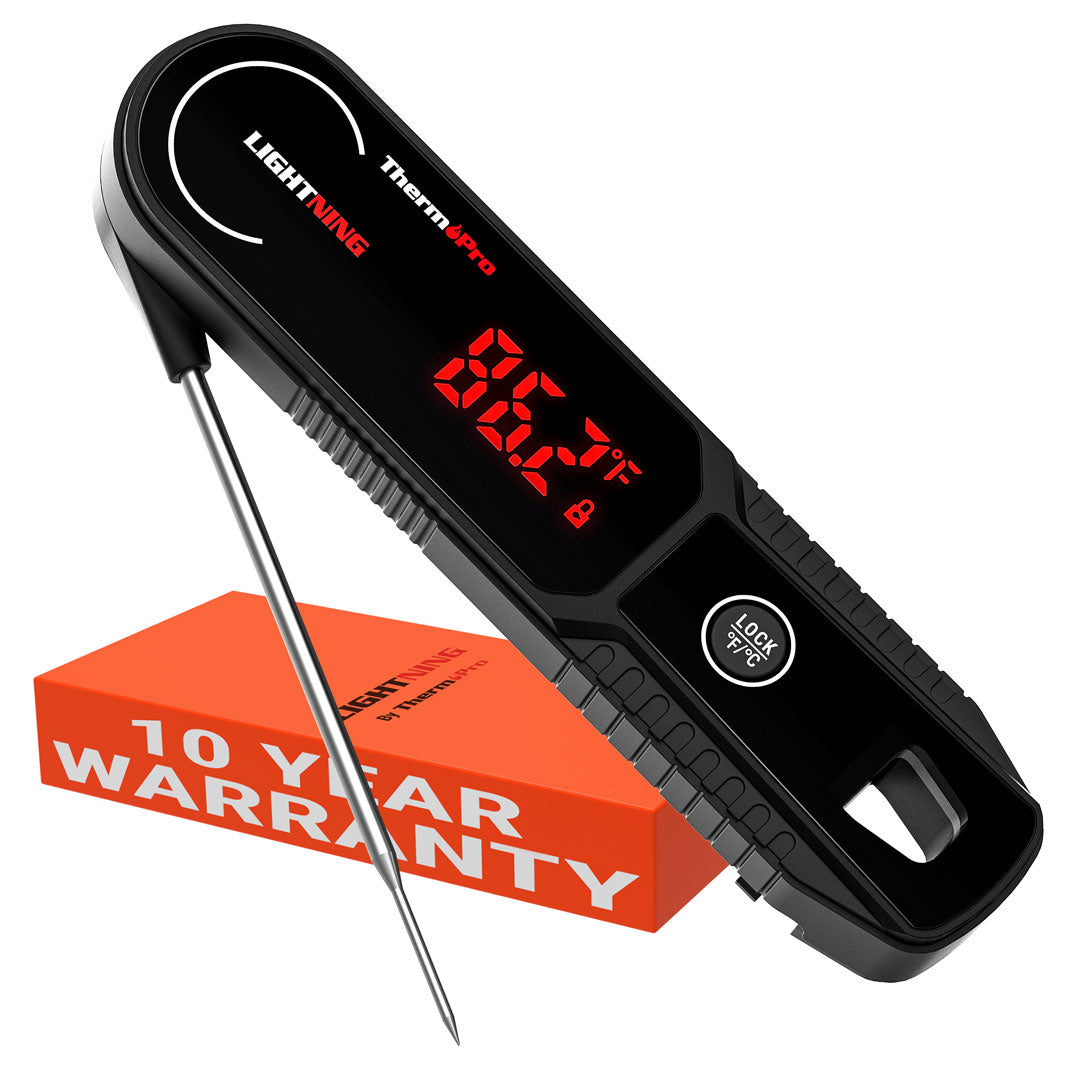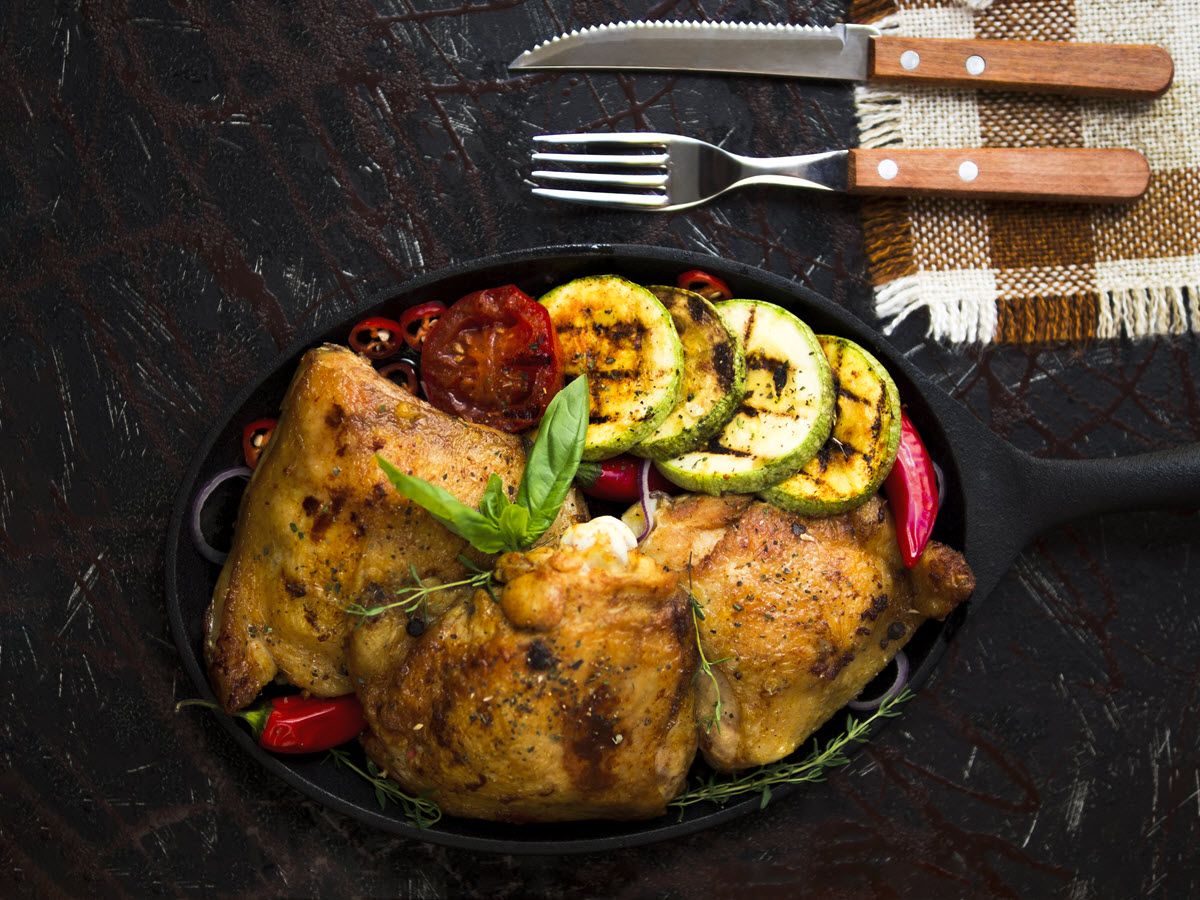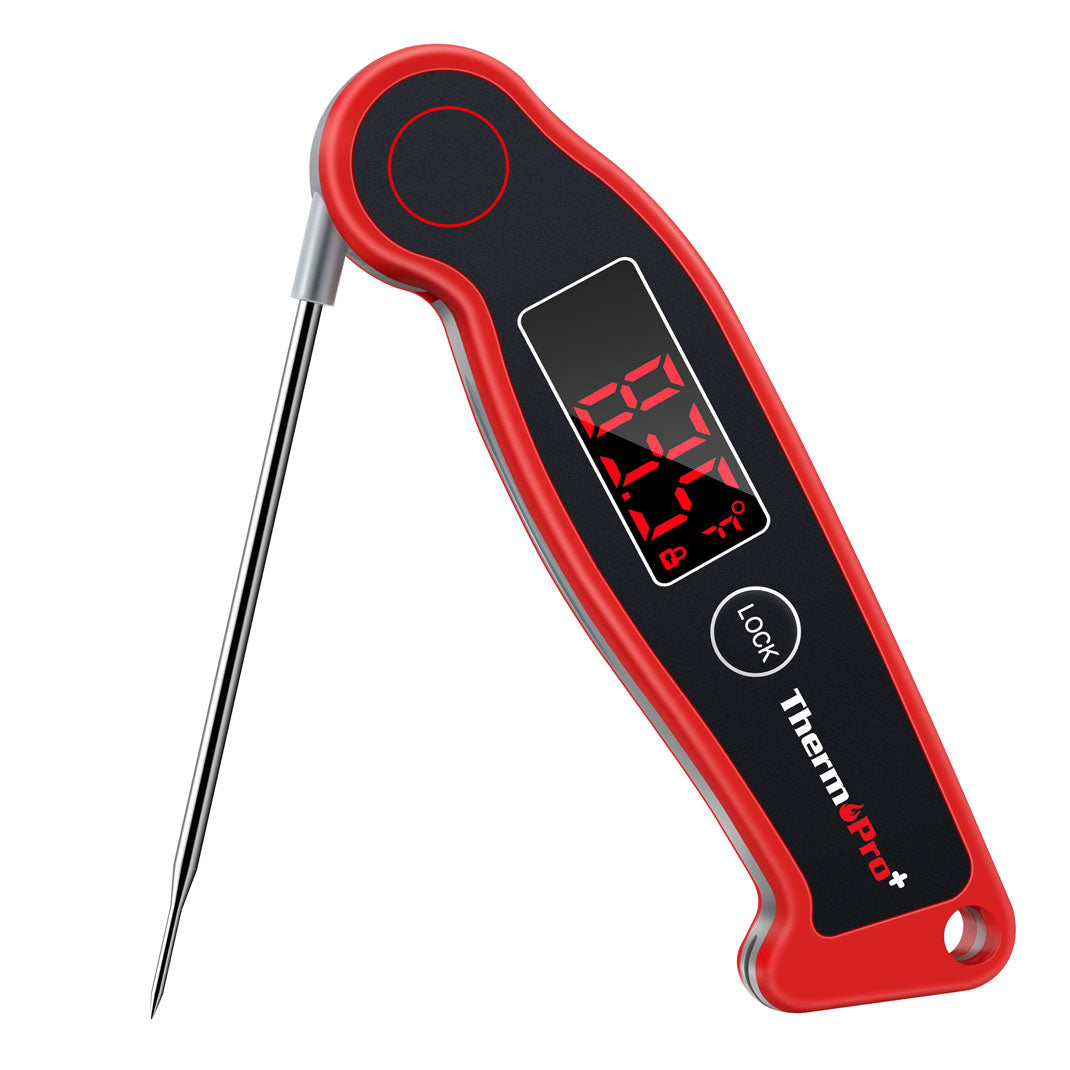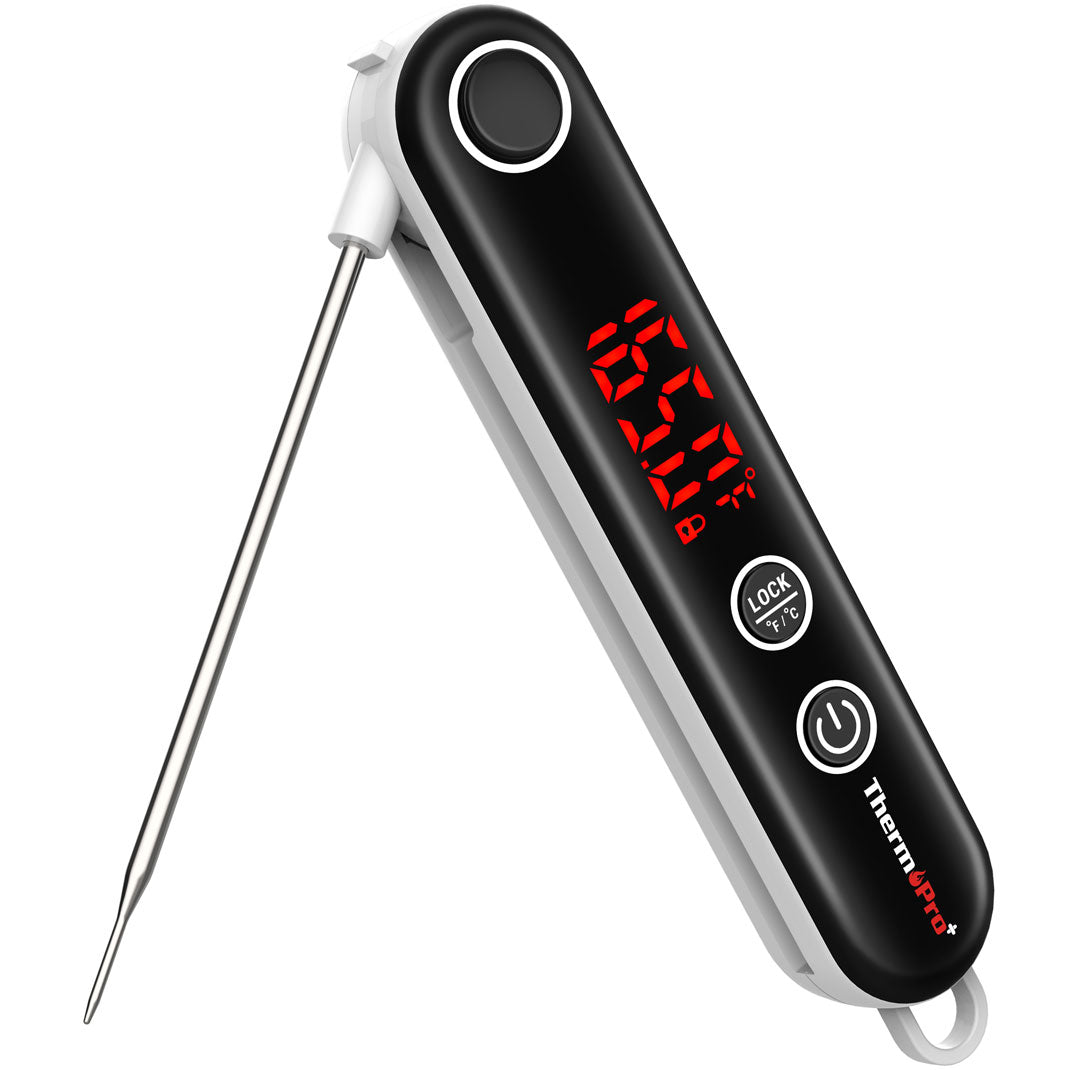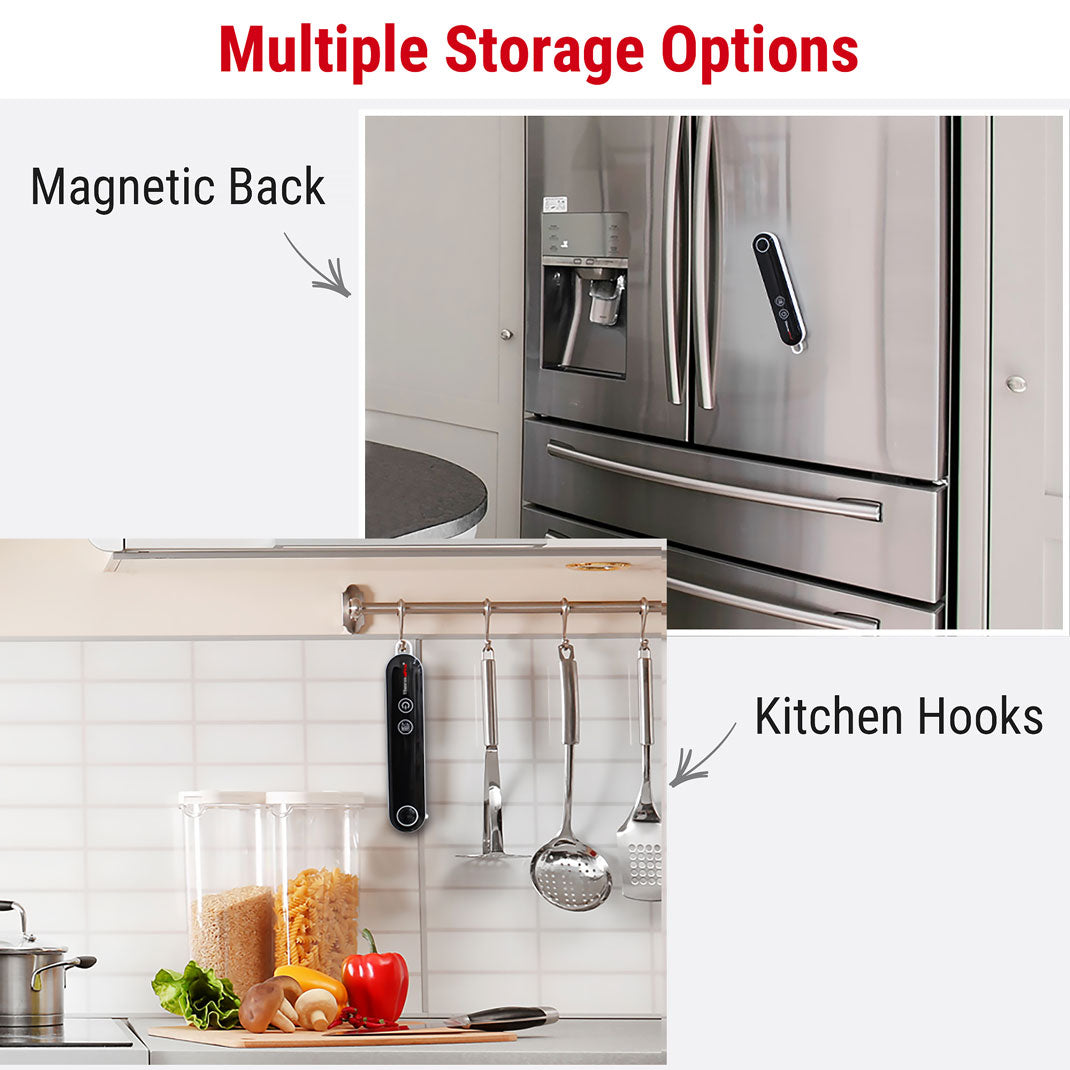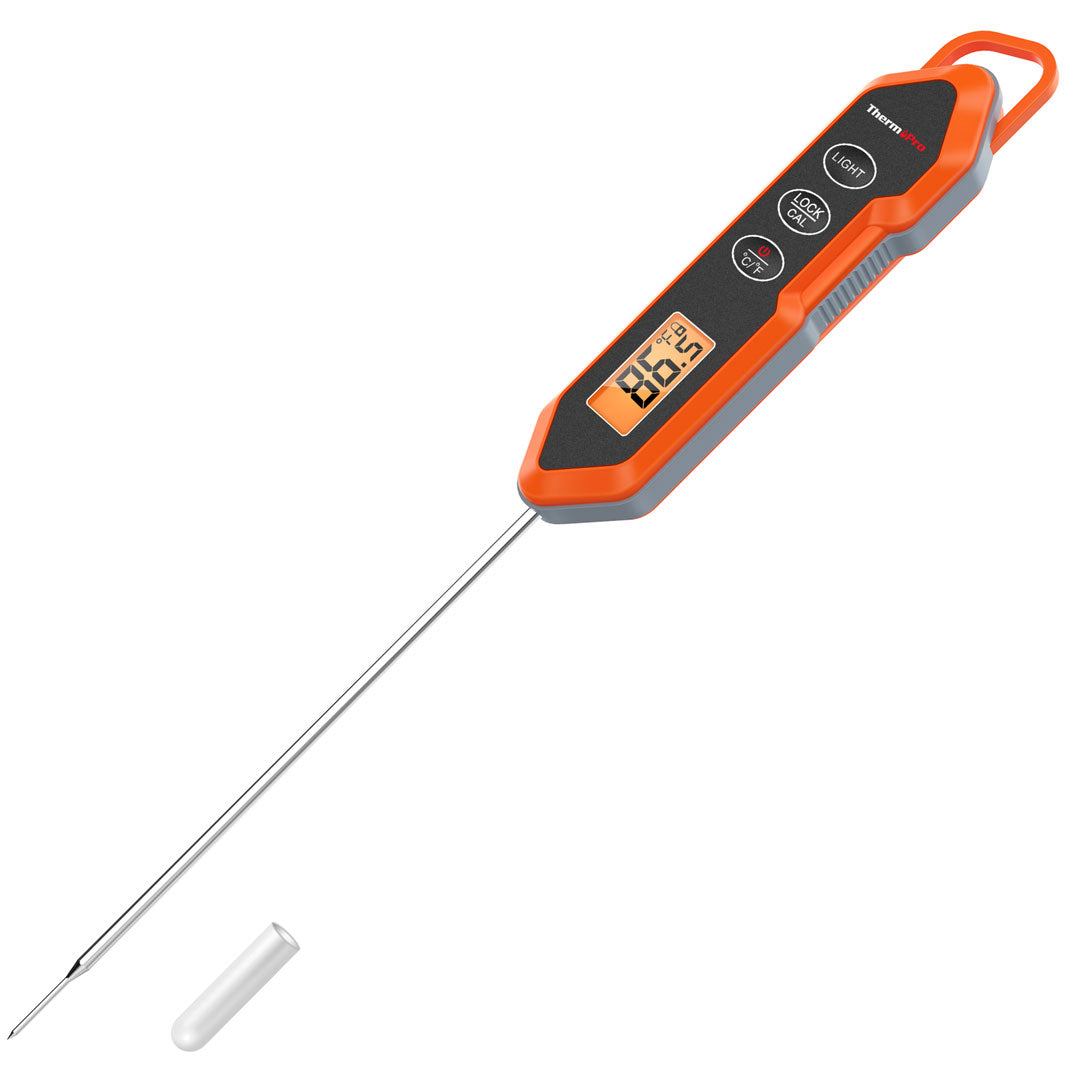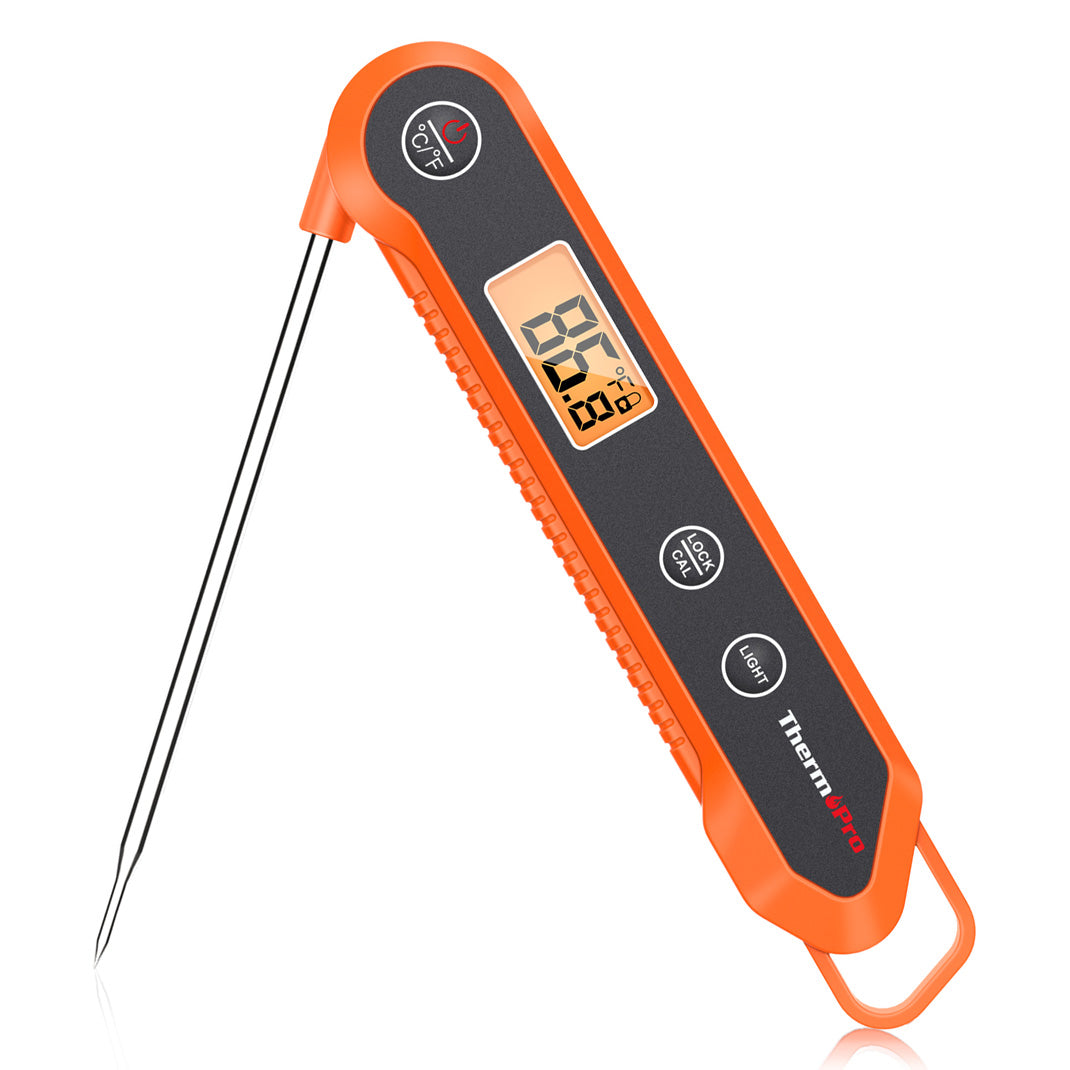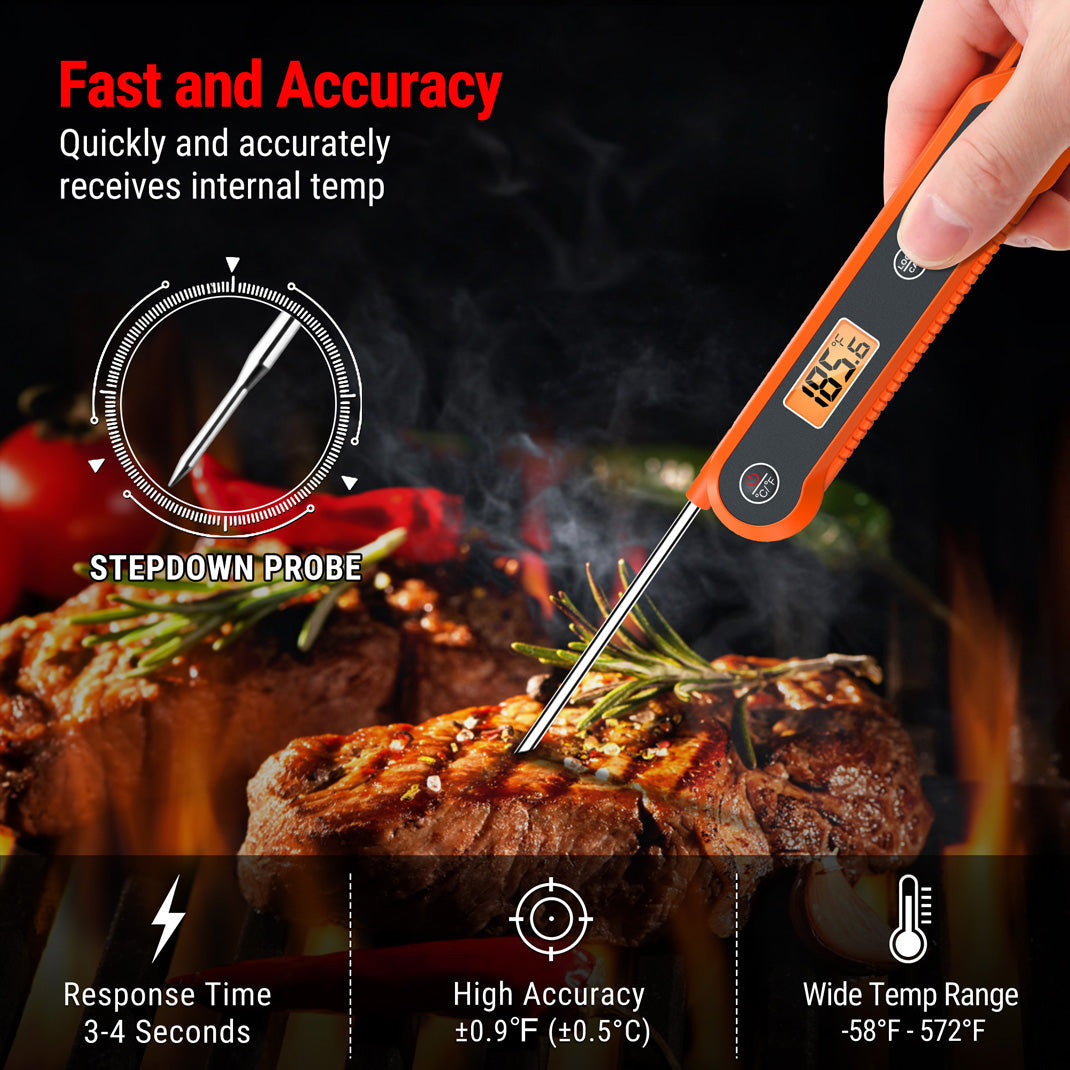Breast Cancer Awareness Month: Food Safety at Home






 288 Comments
288 Comments
Every October, pink ribbons, community walks, and inspiring survivor stories remind us of the importance of Breast Cancer Awareness Month. It's a time when awareness turns into action whether that's getting regular screenings, supporting research, or simply showing up for a loved one going through treatment.
But there's one part of the wellness conversation that doesn't get as much attention: the role of food safety in protecting health.
For many families, the kitchen is the heart of the home. It's where meals are shared, stories are told, and love is expressed through food. But it's also where hidden risks can creep in. The risks can be especially serious for people with weakened immune systems. This makes food safety a topic worth spotlighting during the month of Breast Cancer Awareness, because safe meals are healthy meals.
Why Food Safety Matters More Than Ever
Foodborne illness is more common than most people realize. According to the CDC, 48 million Americans get sick from contaminated food each year, leading to 128,000 hospitalizations and 3,000 deaths. For healthy individuals, a foodborne illness might mean a miserable couple of days. But for cancer patients or survivors with compromised immune systems, the stakes are much higher.
Cancer treatments like chemotherapy and radiation can weaken the body's defenses. Even after treatment, some survivors continue to experience lowered immunity. That means foods most people consider "safe enough" could pose a very real danger. Something as simple as undercooked chicken or bacteria on a leafy green salad could lead to complications that derail recovery.
Food safety isn't just about avoiding stomach bugs. It's about creating a kitchen environment that supports healing, strengthens resilience, and builds confidence in every meal.

Common Culprits: Foods That Deserve Extra Care
Not all foods carry the same level of risk. Certain categories show up on recall lists again and again, and being aware of them can help you shop and cook more safely.
Poultry and Ground Meats
Chicken, turkey, and ground beef are common carriers of Salmonella and E. coli. Because ground meat mixes bacteria throughout, it must always be cooked thoroughly to safe internal temperatures.
Soft Cheeses and Unpasteurized Dairy
Brie, queso fresco, and other soft cheeses can harbor Listeria, a bacterium that thrives even in the cold environment of your fridge. For those with weakened immune systems, avoiding unpasteurized dairy products is an essential safeguard.
Pre-Cut Fruits and Leafy Greens
Convenience can come at a cost. Bagged salads and pre-cut melons are frequently linked to recalls. Once produce is cut, its protective skin is gone, and bacteria have a chance to spread quickly.
Sprouts
Raw sprouts like alfalfa or bean sprouts are often grown in warm, moist conditions, exactly the type of environment bacteria love. Cooking sprouts thoroughly or skipping them altogether can be the safer choice.
By paying special attention to these high-risk categories, families can reduce unnecessary risks in everyday meals.
Safe Cooking Temperatures: The Key to Confidence
One of the simplest, most effective ways to protect against foodborne illness is by cooking food to safe internal temperatures. But here's the catch: color and texture aren't reliable indicators.
That perfectly browned burger might still be undercooked in the middle. Chicken can look "done" on the outside but harbor dangerous bacteria inside. That's why the USDA emphasizes the importance of food thermometers because guesswork just isn't good enough when health is on the line.
The Safe Zone at a Glance
- Poultry (chicken, turkey): 165°F (74°C)
- Ground meats (beef, pork, lamb): 160°F (71°C)
- Beef, pork, lamb (steaks, chops, roasts): 145°F (63°C) + 3-minute rest
- Fish: 145°F (63°C)
- Leftovers and casseroles: 165°F (74°C)
Cooking food to these temperatures doesn't just eliminate harmful bacteria it also delivers peace of mind, knowing every bite is safe.
ThermoPro Lightning: A Small Tool with a Big Impact
This is where the ThermoPro Lightning Instant-Read Meat Thermometer shines. For anyone trying to balance health, safety, and flavor, it's a simple yet powerful upgrade in the kitchen.
- Ultra-Fast Accuracy: Delivers readings in just 1 second, so you don't have to stand over the stove waiting.
- Reliable Precision: Measures both meats and casseroles to USDA-recommended safe temps, eliminating guesswork.
- Waterproof & Durable: Built for the realities of everyday cooking, from soups simmering on the stove to BBQ on the grill.
- Easy-to-Read Display: Large, bright digital screen means no squinting while you're juggling pans.

For busy families, caregivers, or anyone who wants to cook with confidence, it's more than a gadget. It's a safeguard. October is the Breast Cancer Awareness Month. It represents a simple, practical way to support health at home.
Practical Tips for a Safer Kitchen during Breast Cancer Awareness Month
Beyond cooking temperatures, here are small habits that add up to a big difference in food safety:
- Wash Produce Thoroughly: Even pre-washed greens can benefit from an extra rinse under cold running water.
- Avoid Cross-Contamination: Use separate cutting boards for raw meats and produce. Wash knives and counters after each use.
- Mind the Fridge: Keep your refrigerator at 40°F (4°C) or below, and freeze items at 0°F (-18°C). Don't let leftovers linger longer than 3 or 4 days.
- Reheat Safely: Always bring leftovers to 165°F before serving. Cold spots in microwaves can harbor bacteria, so stir and check temps.
- When in Doubt, Throw It Out: Expired deli meat, old leftovers, or anything with a suspicious odor should go straight to the trash.
These steps may sound simple, but together they create an environment where meals are both delicious and safe.
During Breast Cancer Awareness Month, there's a lot of talk about what foods to eat: antioxidant-rich berries, cruciferous vegetables, lean proteins, whole grains. These are all valuable, but their benefits are only fully realized if they're prepared safely.
There's something deeply comforting about knowing the meal on your plate won't just nourish your body but also protect it. For survivors, patients, and families alike, that reassurance matters. It turns cooking from a task into an act of care.
A Month to Remember and a Habit to Keep
Breast Cancer Pink Awareness Month is about more than pink ribbons or fundraising goals. It's about honoring resilience, protecting health, and making small, consistent choices that matter. Practicing food safety is one of those choices.
This October, while you donate, walk, or wear pink, also commit to safer habits in the kitchen: wash produce, cook foods thoroughly, and check temperatures with a reliable food thermometer like the ThermoPro Lightning. These daily actions are quiet but powerful which show care not just during October, but all year round.

Conclusion: Cooking with Care
Food safety might not grab headlines the way medical breakthroughs do, but it's an essential piece of the wellness puzzle. For families touched by breast cancer, it can make all the difference in ensuring that every meal supports health and healing.
The kitchen will always be the heart of the home, but it can also be a place of protection. By embracing safe cooking practices and equipping yourself with tools like the ThermoPro Lightning Instant-Read Meat Thermometer, you're not just preparing food. You're safeguarding health, one meal at a time.
This October, let's honor Breast Cancer Awareness Month not only by raising awareness but by reinforcing everyday habits that keep our loved ones safe. Because true wellness is built plate by plate, meal by meal, in the space we call home.











